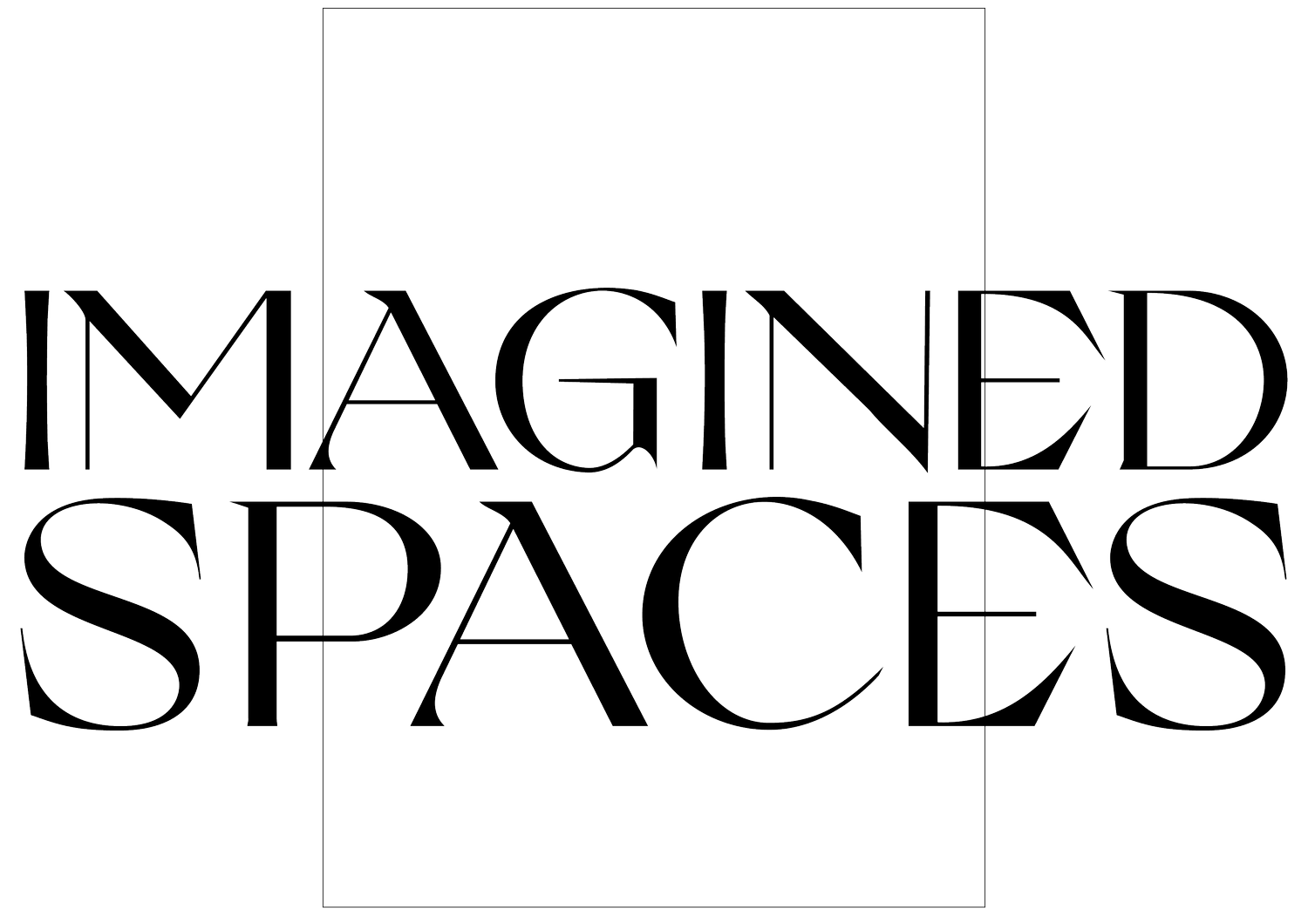“how to hack away at things you love - how to strip an idea to its core”
— Slow reading
Essays in ‘Slow reading’
“The Other Jack by Charles Boyle”
by Katherine Stewart
I approach the book and ask myself, which is the first page? Not, I promise, out of a simple desire to be obtuse (though I would not deny that pleasure altogether), but as a meandering means to approach the process of reading.
The contents page assures me (as if it knows and warns against my wandering inclination), in the simplest possible terms:
One 1
I would not call this a lie, nor however, am I convinced it is wholly the truth. Not just obtuse, but obstinate. Five pages and a cover precipitate One 1. Five pages and a cover on which is formed my first impression of the book. This is the beginning of our relationship, never mind that improbable advice to never judge a book by its cover.
The Other Jack in brown, beige, and blue. “A book about books, mostly.”1 The colours put me in mind of a sketchbook. As if the book about books was an autobiography, a book about books, but mostly this book.
Physicality is, to me, a fundamental part of reading. I inhale the must of yellow sheets, the wooden pulp of white. The breath of the pages is cool against my thumb as I draw it along their width, the sound smooth or stuttering, ending always with higher lilt and a bawdy flick. I have jilted volumes whose textures didn’t suit my fingertips.
Five pages and a cover. The latter, a thick card made of two parts: the exterior is almost laminate to the touch, glazed and smooth, the trench and mound of the spine determined before any accidental crease could be formed; the interior’s rougher comparison dreams of hardy grain. Next comes my favourite, a yellow sheet whose silk defends the ensuing words from the cover’s jealousy; the surface is interrupted in patches, as if remembering in instances what it was to be a tree. The pages themselves are thicker than I expected, denser than the yellow protector; I imagine the surface making way for leaden grooves, parting, not breaking. Yet they exhibit translucency – a page with three lines about the author is shadowed by his other works. Charles Boyle is introduced as The Other Jack, and I note with delight that the title, one page over, echoes the words, presenting:
THE OTHER JACK Jack
If I lift the page the second Jack is gone. If I press it close, but not quite to, the second Jack is replaced with lack. I look at the wrong page – in panic the second Jack is gone – and I wonder if it was ever there.
Those pages up to and including One 1 deal significantly with space. It is the emptiness of one page which allows the text of another to seep through. I wonder if this is an invitation for the reader to form their ideas, place themselves within the context of the book, The Other Jack, to explore what otherness means without yet being told. Atop One 1 is a thick grey line, drawing attention to the blank space beneath it (the text itself begins a quarter down the page). There could be writing here, the grey line proves it. The space remains blank. A space to set aside your preconceptions? Maybe it’s just aesthetically pleasing.
Besides presentation and setting expectations, The Other Jack’s preceding pages are a part of its storytelling. Lower case and unpronounced, a page marked ‘by the same author’ lists not one body but a trifecta. Charles first with four; Jennie second with one; Jack third with six. This page arouses questions which are continued into what must, I suppose, be called the book’s main body.
One 1
“I’ve replied to Robyn’s email. I’ve explained about Jack, and I mentioned Jennie too.”2
There is, then, an explanation, though we are not yet party to it. An explanation of Charles-es and Jennies and Jacks and how they all fit together and whether or not they exist outside of this book. Collaborators or rivals, biographers or narrators, written or writers. Between the cover and the page One 1 we have been offered a question and promised an answer, if only we gift Charles and Jennie and Jack a small portion of our time.
Charles Boyle, The Other Jack (London: CB Editions, 2021), p. 1
Ibid, p.1

